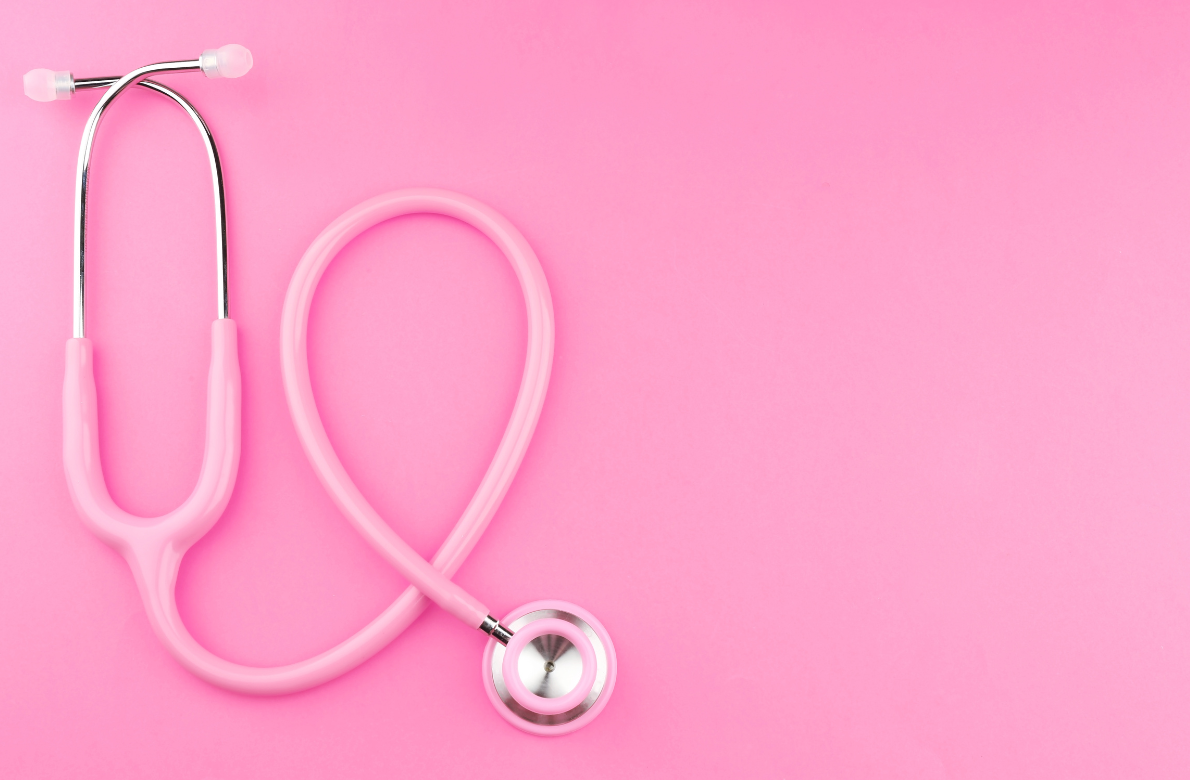The Well Woman Exam
By: Krystene Wray, WHNP-BC, IBCLC, PMH-C, MSCP
A well-woman exam is a comprehensive visit focusing on preventive care, as well as early detection of potential health issues. Let’s dive into what a well-woman exam entails and why it’s important for women of all ages.
What is a Well Woman Exam?
A well-woman exam is a preventive health visit specifically designed for women. It typically includes a review of your medical history to ensure your information is accurate (as this could alter your care plan), a physical exam, including a pelvic exam if you are older than 21. If you are younger than 21, a pelvic exam is not necessary unless you have concerns i.e. vaginal discharge, pain, etc.
Key Components of a Well-Woman Exam
Medical History Review:
Your healthcare provider will review and update your personal and family medical history, your current medications, surgical history, and any health concerns you may have. Although additional
Physical Examination:
A physical exam will be conducted, including an assessment of your heart, lungs, abdomen, and skin. You can also expect a breast exam and a pelvic exam….everyone’s favorite! Your height, weight, and blood pressure will also be measured.
What is a Pelvic Exam:
For women 21 years old and older, a pelvic exam is typically (can’t/won’t speak for everyone) routine every year to evaluate the vulva, vagina, uterus, and ovaries. A speculum is inserted into the vagina and gently opened to view the vaginal tissue and cervix. If a pap smear is necessary, this will be collected at this time. Once the speculum is removed, a bimanual exam is performed. This is an evaluation of your uterus and ovaries, checking for any masses or pain. The provider will insert one or two fingers into the vagina and use their other hand to gently press on your lower abdomen (just above your pubic bone).
If you’re younger than 21, DO NOT STRESS! A pelvic exam is not necessary unless you have concerns involving the vulva and/or vagina.
Pap Smear and HPV Testing:
If you’re due for it, a pap smear will be collected. This is performed to screen for cervical cancer and to detect any abnormal cell changes involving the cervix. The current guidelines recommend pap smears starting at age 21. The result of your pap smear and your pap history will determine how often this screening will need to be performed.
At age 30, we start screening for HPV in addition to cervical cancer screening. This is called “co-testing”.
Breast Examination:
Your provider may perform a clinical breast exam and discuss breast self-exams to help you recognize any changes.
Screenings:
Depending on your age and risk factors, your provider may recommend additional screenings, such as mammograms, colonoscopies, bone density tests, or lab work.
Immunizations:
Stay up to date on vaccinations, including the HPV vaccine and flu shot!
Discussion of Lifestyle Factors:
Your provider will discuss diet, exercise, and any lifestyle choices that impact your overall well-being.
Why is the Well-Woman Exam Important?
Prevention: Regular exams help identify potential health issues before they become serious, leading to early intervention and better outcomes.
Education: It’s an opportunity to learn about your body, reproductive health, and any changes to watch for as you age.
Personalized Care: Your provider can tailor advice and recommendations based on your individual health needs and goals.
When Should You Schedule a Well-Woman Exam?
Age 21: Women should start having well-woman exams at age 21, even if they are not sexually active.
Regular Intervals: Depending on your health status and provider recommendations, plan to have these exams every year.
What if I am younger than 21?
Women younger than 21 are welcome to schedule a well woman exam to discuss periods, vulvar and vaginal concerns (like vaginal discharge), birth control, STI screening and prevention, etc. A pelvic exam is not necessary unless there are concerns requiring evaluation.
What to Expect During Your Visit:
Comfort: Remember, your provider is there to support you, and it’s essential to feel comfortable. Don’t hesitate to ask questions or express concerns.
Confidentiality: All discussions and results from your exam are confidential, ensuring a safe space for open dialogue about your health.
Conclusion
A well-woman exam is a crucial aspect of maintaining your health and well-being. By prioritizing regular check-ups, you empower yourself to take charge of your health and catch potential issues early. Don’t wait—schedule your well-woman exam today and invest in a healthier future!

